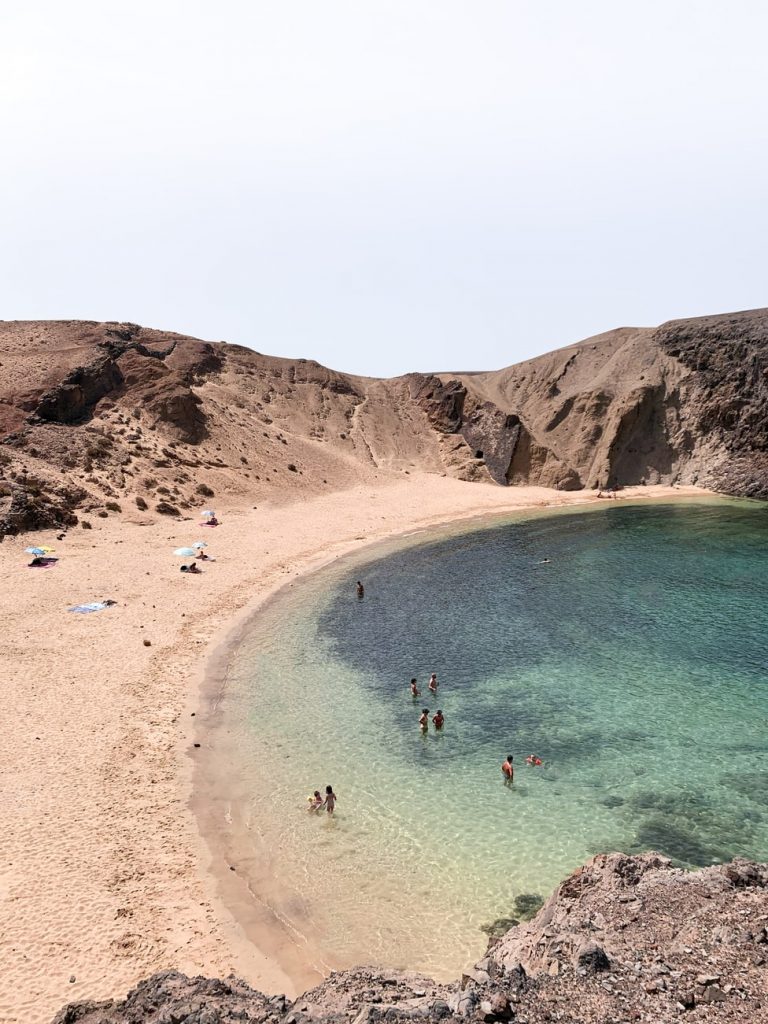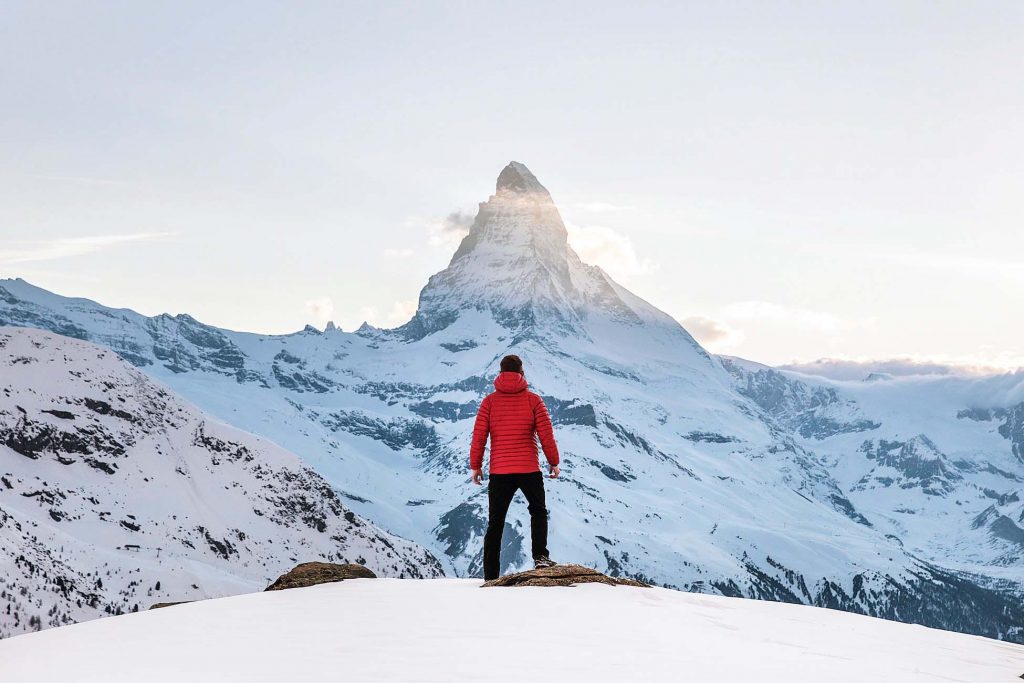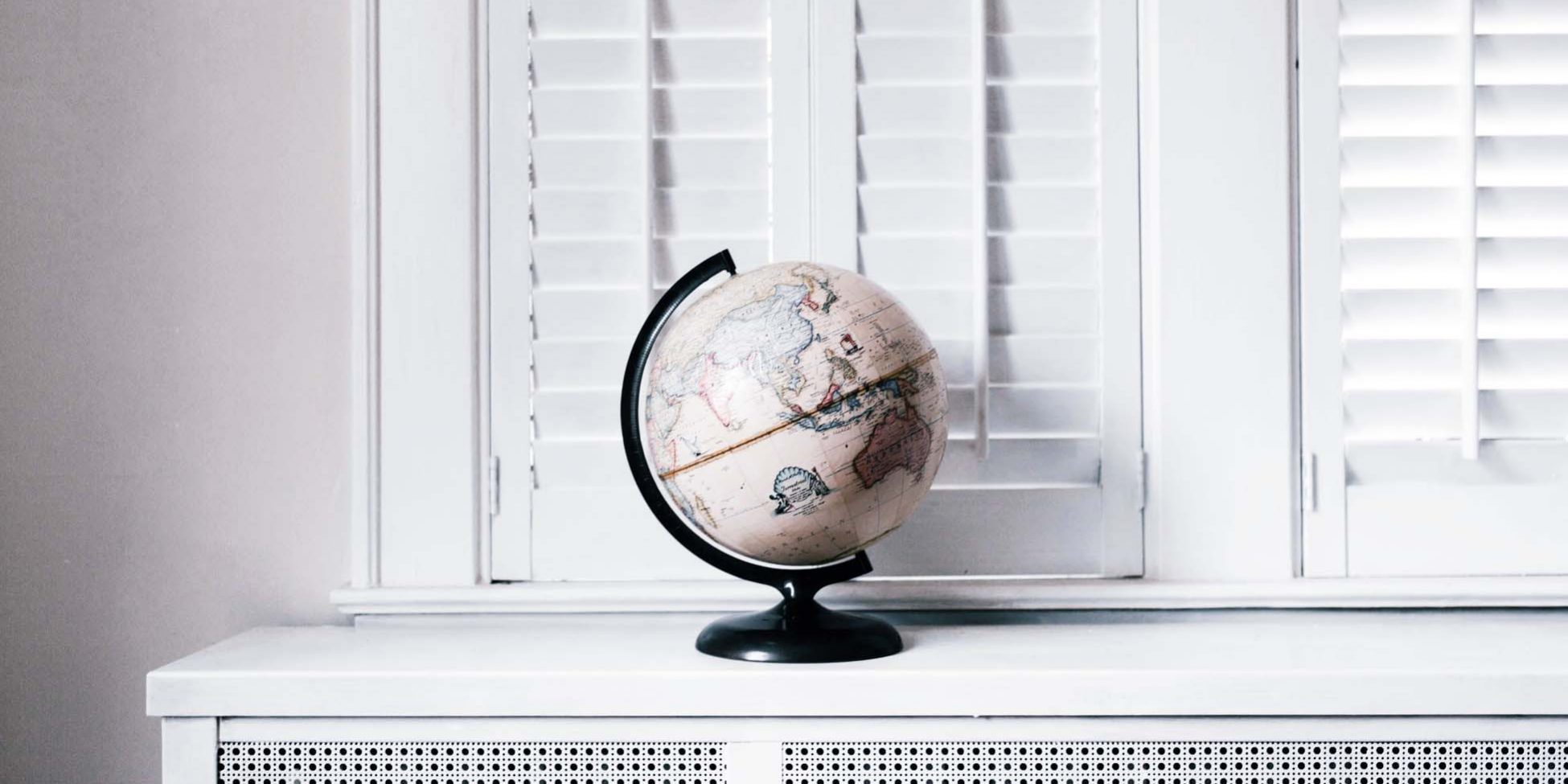Travel will never be the same anymore, but maybe this won’t be a bad thing: quieter cities, less crowded heritage sites, a less polluted sky… although the tourism industry has been suffering massively, the pandemic has taught us some vital lessons.
Never has there been a year when understanding the future of travel has been more important. We are asking so many questions already, yet we are still in the storm. Which countries can you go to without quarantining? Will I have to take a Covid-19 test during my journey? How many times will I need to change my face mask on the plane? What will travel look like in a post-Covid world?
It’s been a rocky road, but a new year is here and thanks to the global vaccination program, new air corridors opening up and better testing protocols, trips abroad will start becoming easier again. As I write in February 2021 countries and states have begun to welcome visitors, despite the remaining risks.
As we try to support an industry that’s been on its knees since the pandemic began in early 2020, it doesn’t sound crazy anymore to imagine exploring the world with face masks, social distancing, less open businesses, quarantines… In this context, these are a combined list of predictions by experts on a very uncertain future. However, thinking about the possible change we might face will help us overcome them in the best possible way.
During travel, some places naturally attract many people. Theme parks, museums, popular beaches, home-share rentals, large hotels and busy cities might be low on the wishlist… But as they reopen, those crowds are expected to be much smaller, and more controlled. In order to stay open and continue to make a profit, touristic places have to follow government measures, even if this means to accept less people inside their gates. In order to prepare for tomorrow’s new setting, they have to manage businesses in a very different way from what we’ve known before. Perhaps that means more expensive entry tickets to pay for the fall in revenue.

Other than blocking some seats or limiting the number of flights tickets, different measures might be taken in order to reassure people to fly safely. Maybe more biometric screening and touchless elements will appear. System that could scan your face and use biometrics to let you buy something in the airport without having to take your wallet out. Practices airlines have adopted over the past few months are likely to shape the future of flying.
For many of us, jetting off on a long-haul holiday is less likely than in the past while restrictions on international travel remain following COVID-19. However, demand for domestic travel is soaring, as travelers look for close-to-home, lower risk holiday options.
– No need to fly
– No risk of border closures
– Cuts costs
– Supporting local
Hotels will have to make key operational changes to survive in a COVID-19 world. Firstly, hoteliers need to be agile to provide guests an offering that is safe, flexible and exciting. Although traveler behaviors such as domestic travel are likely to be impacted in the long term and altered habits could pave the way for a new normal in the travel industry, the hospitality industry is resilient, and we look forward to the future when we see recovery and the return to global travel. Whilst we hope that this recovery occurs in a directly positive and forward-thinking direction, we should be prepared to account for some setbacks along the way, so we aren’t taken by surprise. As with any challenge, we will find a path forward, learning from the challenges we have and continue to face, adjusting as we go to find a better solution in the future. It is highly likely that only the strongest and best (restaurants, hotels, guided visits, cafés etc) will survive.
Nature breaks are becoming more and more appealing in the era of social distancing. Travelers are craving wide open spaces and inspiring views in this terrible time. Recent surveys claim that travelers are looking to truly immerse themselves in the wilderness and explore remote towns with secludes areas instead of being among crowds. In that context, some cities such as Copenhagen, for instance, are introducing more green spaces within its doors. Copenhagen is building an archipelago of artificial islands accessible by swimming, kayak or boat. This trend goes with the need to climb mountains and push boundaries. Today more than ever, people need to surpass themselves!

The current situation doesn’t allow us yet to travel as freely as we would like, however we can still dream about it and start to plan! We think that once it will be easier to travel, people will start to plan once-in-a-lifetime trips over the next few years. If we have learned anything in 2020, it is definitely that we don’t know what tomorrow will be made of. Living through a pandemic has sparked a re-evaluation of people’s priorities and attitudes. For many of those confined to their homes during lockdown, it has been a time to make plans. People are using this time to dream up the kind of bucket-list trips you never normally get around to planning Argentina winter’s solar eclipse, Northern lights in Iceland, Honeymoon in Corsica, Safari trip in Kenya etc.
This will certainly be one of the hardest challenges hostels and touristic places might have to face. Making sure to convey that this is a sanitized and a healthy place to stay, all the while without being too clinical like you’re entering a hospital. While prioritizing health and safety, they still need to make visitors feel comfortable and at home.
These small businesses are fighting herculean battles to stay in business during the pandemic. When owners aren’t scrambling to keep up with new government requirements or pivoting business models (like turning into grocery stores or coming up with new takeout concepts), they’re figuring out how to pay employees amid mounting bills.
Travel experts are predicting that longer stay holidays and tailor-made travel will definitely be more popular from 2021. Let’s not forget we are living in the world of digital nomads where people are working remotely more and more and don’t need to rush back to the office. Some open hostels are already experiencing longer planned bookings to mix work and holidays. A shift towards experience-driven travel is also predicted. People have been locked in their homes for months. When everything gets calmer, people might want to discover new places, cultures, cuisines, landscapes and request service of travel advisors to make the best out of their trip. Flexible cancellation policies will have a huge influence on traveller choice. It will be equally if not more important than price for some.
From 2021, we predict the rise of conscious travelers. People far more discerning about the journeys they go on, willing and able to be away from home for a longer stay (thanks to remote working), more appreciative of their surroundings and local people. In the next months, it will be a top priority to understand traveler’s new needs. What will travel look like in a post-Covid world? Despite the turbulence, experts are seeing blue skies and keep us dreaming!
Do not hesitate to contact us to know our conditions and cancellation policy for your upcoming trip.










